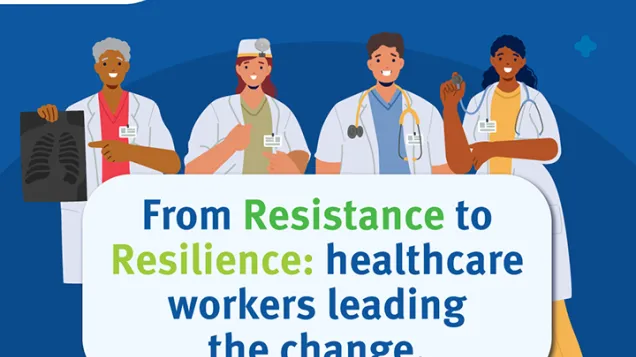“SAVE LIVES: Clean Your Hands”: Reducing the spread of antimicrobial resistance in long-term care facilities
Each year on 5 May, the annual “SAVE LIVES: Clean Your Hands” global campaign is part of a major global effort led by the World Health Organization (WHO) to support healthcare workers in their efforts to improve hand hygiene in healthcare settings. The campaign aims to demonstrate that hand hygiene helps reducing healthcare associated-infections and increases patient safety. This year’s campaign focuses on the role of hand hygiene in reducing the spread of antimicrobial resistance.
To mark the day, ECDC is launching two reports on healthcare-associated infections in long-term care facilities (LTCFs):
- Point prevalence survey of healthcare-associated infections and antimicrobial use in European long-term care facilities. April–May 2013
- Point prevalence survey of healthcare-associated infections and antimicrobial use in European long-term care facilities. May–September 2010
The collected data and the results presented in these two reports provide a valuable insight into the situation of healthcare-associated infections, antimicrobial use, antimicrobial resistance and infection control practices, including hand hygiene, in LTCFs in the participating countries. A standardised methodology based on a point prevalence survey (PPS) design was developed. These first two Europe-wide PPSs were organised respectively between May to September 2010, and April to May 2013.
In addition, the PPSs themselves brought noticeable benefits: training was offered to LTCF staff and reports were fed back to each participating LTCF, allowing comparison at national and European level. This contributed to increase awareness of healthcare-associated infections, empowering LTCF staff to take targeted actions for infection prevention and control including on the spread of antimicrobial-resistant bacteria.
Share this page



